Podcast: Play in new window | Download (Duration: 29:00 — 26.5MB) | Embed
Subscribe: Apple Podcasts | Spotify | Amazon Music | Android | Pandora | iHeartRadio | JioSaavn | Podchaser | Gaana | Podcast Index | Email | TuneIn | Deezer | Anghami | RSS | More
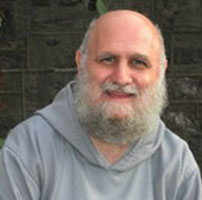
Fr. Andrew Apostoli does a tremendous job covering all the varied aspects of the events of Fatima and the call of Our Lady of Fatima. He conveys the “immaculate” heart of the message, as well as tackling the “controversies” that have plagued the events over the years. Because of the prophetic nature of her messages, Our Lady of Fatima has been the subject of much controversy and speculation. In this book, Father Andrew Apostoli carefully analyzes the events that took place in Fatima and clears up lingering questions and doubts about their meaning. He also challenges the reader to hear anew the call of Our Lady to prayer and sacrifice, for the world is ever in need of generous hearts willing to make reparation for those in danger of losing their way to God.
Check out the book here
“As was so dramatically obvious during the visit of Pope Benedict XVI to Fatima in May, 2010, Our Lady’s apparitions in 1917 remain powerfully compelling for us today. There she was an evangelist, calling us to prayer, conversion of heart, and penance, pointing to Jesus and repeating her words at Cana, ‘Do whatever He tells you.’ This book brings it all home.”
-Most Reverend Timothy Dolan, Archbishop of New York
“For us, Fatima is a sign of the presence of faith, of the fact that it is precisely from the little ones that faith gains new strength, one which is not limited to the little ones but has a message for the entire world and touches history here and now, and sheds light on this history . . . Even now there is tribulation, in every conceivable form, and power threatens to trample down faith. Even now, then, there is a need for the answer about which the Mother of God spoke to the children at Fatima.”
-Pope Benedict XVI

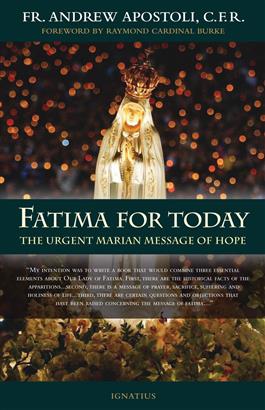

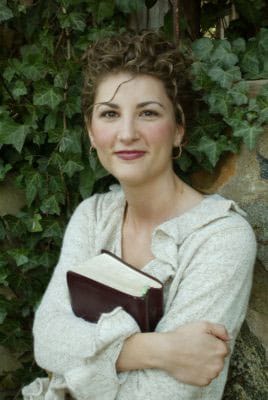
 Dr. Lilles reviews teachings on poverty, humility, and, in particular, friendship, which are all found in a broad overview of the first 18 chapters of “The Way of Perfection.” We also discuss the value of the virtues and the importance of the “good example” in St. Teresa’s writings. All of this will be essential to her foundational teachings on contemplative prayer.
Dr. Lilles reviews teachings on poverty, humility, and, in particular, friendship, which are all found in a broad overview of the first 18 chapters of “The Way of Perfection.” We also discuss the value of the virtues and the importance of the “good example” in St. Teresa’s writings. All of this will be essential to her foundational teachings on contemplative prayer.


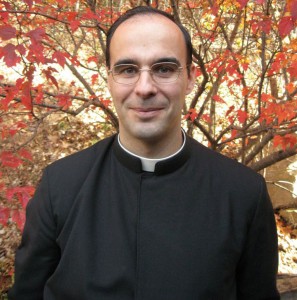

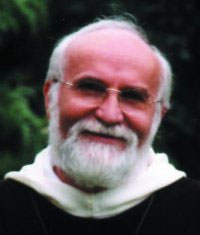
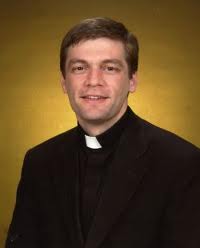
 Resources:
Resources: